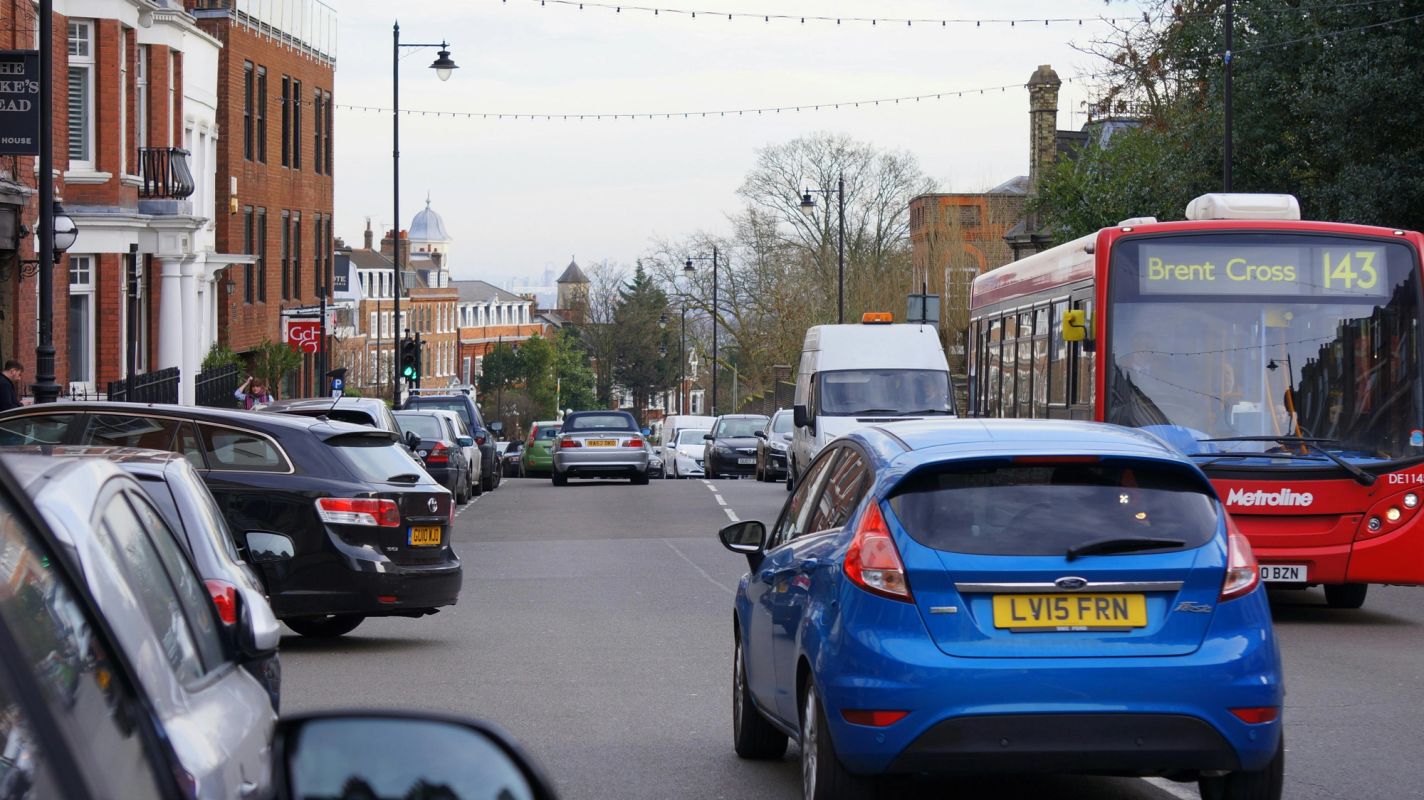Six points and £1K fine for non compliant plates?
Parliamentary group calls for better enforcement
Pressure is mounting in the UK to tighten up rules around number plates. A new inquiry by the cross‑party All Party Parliamentary Group for Transport Safety (APPGTS) is set to dig into the growing use of illegal or non‑compliant plates.
Amongst the challenges debated were drivers are finding ever more inventive ways to hide themselves from cameras: masks, special films, bespoke 3D or 4D raised characters, coatings that disrupt automatic number‑plate‑recognition (ANPR) cameras.
On top of that, plate‑cloning is on the rise. In London, Transport for London (TfL) reported a 64% increase in cases in recent years.
One expert from Cranfield University went so far as to describe the current UK system for number plates as “wholly inadequate”, pointing to weak regulation, a haphazard supply chain and enforcement gaps.
The inquiry’s mission
The APPGTS inquiry has three clear goals:
- Review the UK’s entire vehicle‑registration‑plate system, how numbers are allocated, how plates are made, supplied and displayed.
- Gather evidence and hear from the police, industry bodies, trading standards, tech firms, and of course, motorists.
- Recommend reforms. Tougher regulation, stronger supply‑chain oversight, better enforcement, and updated tech recognition of these “ghost” systems.
Why it matters for drivers
Operation Phantom, a West Midlands pilot, detected more than 4,000 “ghost plates” across Birmingham in two weeks. West Midlands Police and Crime Commissioner (PCC) Simon Foster said the plates helped offenders “evade detection, enforcement and accountability”, adding that he had long called for national action.
MP Sarah Coombes (West Bromwich) commented:
“Ending the number plate wild west is absolutely crucial if we’re to keep people safe on our roads.”
The MP has introduced a Ten Minute Rule Bill that would introduce stronger penalties for those using ghost plates to avoid detection. The Bill proposes fines of up to £1,000 and six penalty points for individuals found driving with illegal or cloned number plates.
What’s broken?
Several weak spots stand out:
Supply chain issues: At present you pay a one‑off £40 to register as a supplier with the Driver and Vehicle Licensing Agency (DVLA), and there’s no real ongoing oversight of whether you’re sticking to the rules. Some MPs are calling for annual licencing and stricter conditions.
Tech catch‑up: Enforcement cameras and ANPR systems are battling a new breed of plate‑hacking: invisible characters, reflective distortions, raised or 3D fonts that defeat recognition. The tech is playing catch‑up.
Regulation lag: Regulation hasn’t evolved with the problem. Interestingly, what started as a fleet/fleet‑industry concern is now seeing wider recognition. The inquiry is an indicator that this issue has shifted into mainstream driving safety terrain.
What tech is stepping in?
In some parts of the UK, police forces are already trialling systems aimed at spotting these illegal plates:
- NOW Wireless worked with the Surrey Police on an AI‑driven system that compares live ANPR/CCTV data with vehicle records to flag non‑compliant plates.
- Also, manufacturers are designing new ANPR cameras that can detect treated or altered plates (e.g., by recognising differences in material, raised/depressed characters or other anomalies).
What changes are in the pipeline?
Here are some of the ideas being floated:
- Make the number plate supplier licence an annual, monitored thing – not just a one‑time fee (as happens elsewhere in the world)
- Ban or regulate 3D/4D plates if they’re shown to hamper ANPR recognition.
- Tighter rules on materials used: reflective coatings, raised characters, and the film/paint trickery that makes plates unreadable.
- More enforcement resources and legal teeth: stronger penalties if you’re caught driving a car with a non‑compliant or cloned plate.
- A national register or better tracking of number‑plate manufacturing, supply and enforcement outcomes.
Above all, enforcement is the answer. Regulations already exist to deal with many of the infractions, but the UK's reliance on cameras to enforce the law is woefully inadequate.
November 2025
« Back to News

